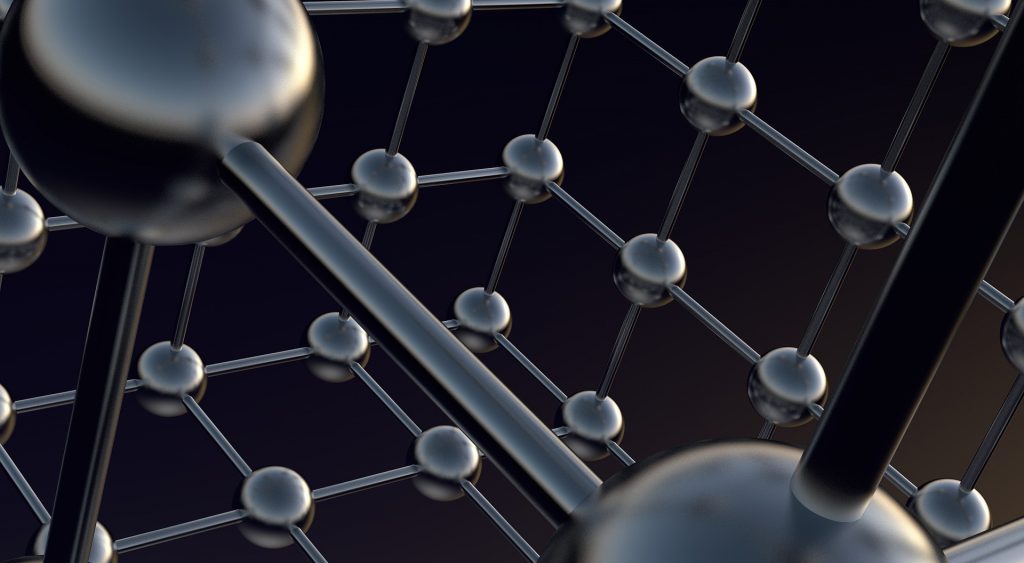Neo Battery shares up 17% on silicon prototype news

Neo Battery Materials Ltd. [NBM-TSXV, NBMFF-OTC] shares rallied strongly in active trading Friday after the company said the first prototype of silicon (Si) anode active materials has been successfully produced and sent to NDA partners for full evaluation and electrochemical characterization.
Neo Battery Metals has said it will focus on exploring and producing silicon at the mining claims it has staked in Golden, British Columbia. The properties occupy 467 hectares and are located along a strike with a quartzite bed, targeting silica in the quartzites.
Silicon, when added to anode materials in the production of lithium-ion batteries, provides improvements in capacity and efficiency over lithium-ion batteries using graphite in their anode materials. The company says it intends to become an integrated silicon producer and anode materials supplier to the electric vehicle industry.
The aim is to capitalize on the expected increase in demand for more efficient batteries that will be needed to power electric vehicles in the future.
“The first working set of Neo’s proprietary silicon anode materials has been manufactured through our unique process,” said Neo President and CEO Spencer Huh.
“Our prototype will be utilized by third-party partners for evaluating the performance and efficacy of Neo’s anodes in each respective party’s cell system and environment,” he said. “Neo will complete due diligence during and after testing to refine and strengthen the prototype or commercialization.”
Neo Battery shares advanced on the news, jumping 17% or 10 cents to 70 cents on volume of 510,150. The shares are currently trading in a 52-week range of $1.31 and $0.08. On Friday shares traded up to 73 cents.
Neo Battery Materials has secured key intellectual properties related to advanced silicon enhanced technology to meet the increasing demands for next generational battery anode materials.
Silicon has been considered as one of the most attractive anode materials in decades because of its exceptionally high energy density. However, the volume expansion issue of silicon during lithiation has been the main obstacle for the industry to adopt the technology.
Lithiation refers to the process by which a lithium atom replaces a hydrogen atom in an organic molecule. The resulting molecule is described as an organolithium compound.
Conventional approaches to mitigate volume expansion problems of Si anode material are not cost-effective and scalable due to the process complexity and high material input costs.
The company believes that the secured technology could manage and resolve this specific issue related to silicon.
“The Si anode prototype for sample testing is based on low-cost raw materials and was manufactured through our one-pot, cost-effective process,” said Dr. J.H. Park, Neo Battery’s Director and Chief Scientific Advisor.
“Neo’s ability of economically manufacturing silicon anode materials is a substantial point of differentiation from existing companies and we expect this development to act as a catalyst to accelerate the commercialization of our Si anode active materials.”
